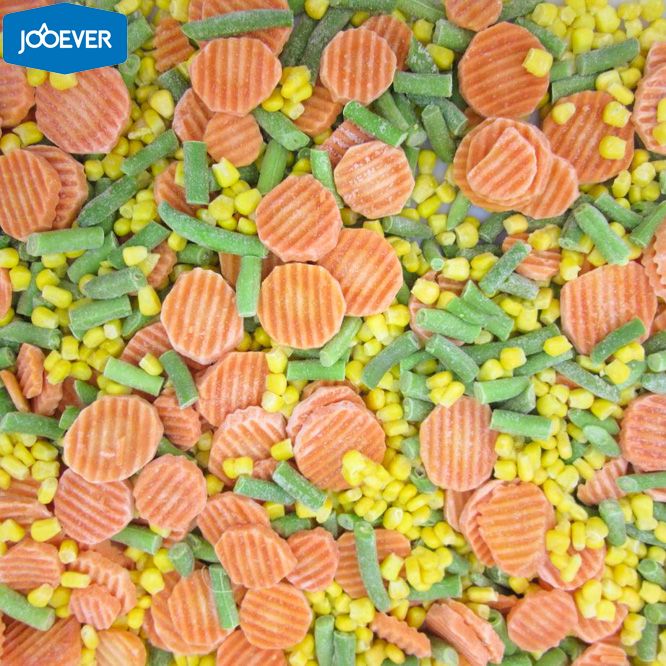Your reliable partner for frozen foods
Are you tired of throwing out wilted, spoiled vegetables that you never got around to eat? Welcome to a world where over 1.3 billion tons of food are being thrown away. As consumers, you have the power to change this.
One way you can tackle food waste is by purchasing frozen vegetables from a professional frozen vegetable supplier. Frozen vegetables are a smart solution that can help reduce the amount of food that ends up in the bin.
In the next few sections, we'll explore the future of sustainable food practices. We'll also discuss how to maximize the shelf life of frozen vegetables.

The future of sustainable food practices is looking bright, and frozen vegetables are just one example of how we can make a positive impact. Here are some exciting developments in sustainable food practices that are changing the way we eat.
Food waste is a massive problem that contributes to greenhouse gas emissions and environmental degradation. Thankfully, there are many innovative solutions to reduce food waste, from composting to food-sharing apps.
And frozen vegetables play an essential role in this effort by providing a long-lasting, nutrient-dense option that reduces waste and saves money.
The way we grow our food has a significant impact on the environment. Sustainable agriculture practices, such as crop rotation and integrated pest management, minimize the use of harmful chemicals and protect soil health.
This approach to agriculture benefits the environment, human health, and local economies.
Plant-based diets are gaining popularity as people recognize the health and environmental benefits of reducing their meat consumption. By incorporating more plant-based foods, such as frozen vegetables, into their diets, individuals can reduce their carbon footprint and improve their health.
Packaging is a crucial aspect of sustainable food practices. Innovative packaging, such as biodegradable and compostable materials, reduces waste and helps keep food fresh for longer.
Frozen vegetables are a great way to reduce food waste and have nutritious meals at your fingertips. But to make the most of your frozen vegetables, it's essential to store and use them correctly. Here are some tips for maximizing the shelf life of your frozen vegetables.
Keep your frozen vegetables in the freezer at 0°F (-18°C) or below. Proper storage will help maintain the quality of the vegetables and prevent freezer burn.
To prevent moisture from affecting the quality of your frozen vegetables, store them in airtight containers or freezer bags. This will help preserve their texture, flavor, and nutritional value.
Frozen vegetables have a shelf life of about 8 to 12 months. Use them before the expiry date to ensure that you're getting the best quality and nutritional value.
When thawing your frozen vegetables, do not leave them at room temperature. Instead, thaw them in the refrigerator or microwave, or use them directly in your cooking.
We supply high-quality frozen vegetables that are a convenient and sustainable option for any meal. Not only do they have a longer shelf life than fresh vegetables, but they're also pre-washed, pre-cut, and ready to use. Plus, you'll never have to worry about seasonal availability or food waste again.
But that's not all. By purchasing frozen vegetables from a professional supplier like us, you're also supporting sustainable food practices. Our vegetables are sourced from local, sustainable farms that use eco-friendly growing practices.
We're committed to reducing food waste, protecting the environment, and creating a more sustainable food system. So, what are you waiting for? Kindly click here to place an order.